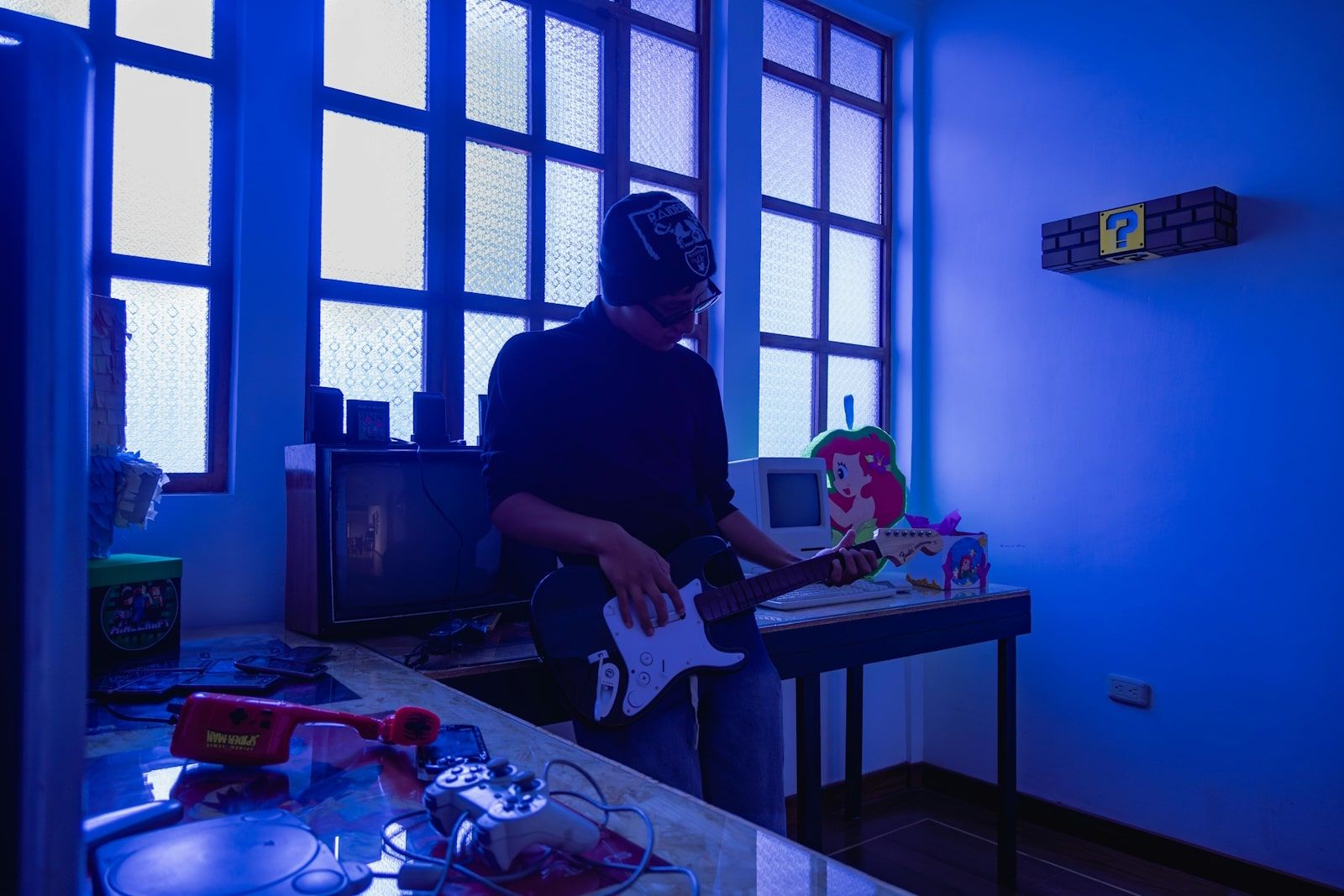While traditional therapies and support groups, offered by Private Alcohol and drug rehabilitation centres in Essex, play a crucial role in recovery, alternative methods such as learning a new musical instrument can provide a powerful supplemental approach.
It can lead to devastating consequences, not just for the individual but also for their families and communities. While traditional therapies and support groups play a crucial role in recovery, alternative methods such as learning a new musical instrument can provide a powerful supplemental approach. Engaging with music offers therapeutic benefits that can help individuals navigate the complexities of addiction, fostering emotional healing and personal growth.
The Link Between Music and Mental Health
Research has shown that music can significantly impact mental health. The act of playing an instrument requires focus, discipline, and creativity, which can redirect the mind away from negative thoughts and cravings associated with alcohol addiction. When individuals learn to play an instrument, they engage in a constructive activity that promotes mindfulness and presence, drawing attention away from the urge to drink. This shift in focus can be particularly beneficial during moments of temptation or stress, offering a healthy outlet for emotions.
Moreover, music has been found to release dopamine, the neurotransmitter associated with pleasure and reward. This natural high can create a sense of fulfilment and joy, which is often sought through alcohol consumption. By substituting the temporary relief provided by alcohol with the satisfaction derived from mastering a musical piece, individuals can begin to reshape their relationship with pleasure and reward.
Building a Supportive Community
Learning an instrument often involves joining a group or taking lessons, which fosters social interaction and support. For many individuals struggling with alcohol addiction, isolation can exacerbate their issues. Engaging with others who share a common interest in music can create a sense of belonging and community. This social aspect is vital in recovery, as it helps individuals build connections and support systems outside of their previous drinking environments.
Participating in group lessons or jam sessions encourages collaboration and communication, skills that may have been neglected during periods of addiction. These social interactions can enhance emotional intelligence and resilience, equipping individuals with tools to cope with life’s challenges without resorting to alcohol.
Developing Discipline and Focus
Learning to play a musical instrument requires dedication and practice. This commitment can instil a sense of discipline that may have been lost during the throes of addiction. Regular practice sessions teach individuals the importance of setting goals, managing time, and persevering through challenges. These skills are transferable to other areas of life, including recovery.
As individuals progress in their musical journey, they experience a sense of accomplishment that can boost self-esteem. This newfound confidence can counteract the feelings of shame and guilt often associated with addiction. By recognising their ability to learn and grow, individuals can foster a positive self-image, which is crucial for maintaining sobriety.
Emotional Expression and Healing
Music is a powerful medium for emotional expression. For those grappling with the pain of addiction, learning an instrument can serve as a therapeutic outlet. It provides a safe space to explore and express complex feelings that may have been suppressed during their drinking years. Whether playing a melancholic tune or an upbeat melody, individuals can channel their emotions into their music, facilitating healing and self-discovery.
Furthermore, songwriting can be an effective way to articulate experiences and feelings related to addiction. The creative process of writing lyrics allows individuals to confront their past and express their struggles in a constructive manner. This form of catharsis can be instrumental in the recovery process, helping individuals make sense of their journey and find closure.
Cultivating Mindfulness and Presence
Mindfulness, the practice of being present in the moment, is a crucial aspect of recovery from alcohol addiction. Learning to play an instrument necessitates concentration and focus, drawing attention away from cravings and negative thoughts. As individuals immerse themselves in music, they learn to appreciate the present moment, reducing anxiety and fostering a sense of calm.
This practice of mindfulness can extend beyond music. Individuals who engage in regular musical practice may find it easier to apply these principles in their daily lives, helping them manage stress and avoid triggers that could lead to relapse.
In conclusion, learning a new instrument can be a transformative experience for individuals overcoming alcohol addiction. The myriad benefits — from improved mental health and social connections to enhanced discipline and emotional expression — create a holistic approach to recovery. While traditional therapies remain essential, incorporating music into the healing process offers a unique and powerful avenue for personal growth. As individuals embark on their musical journey, they not only discover the joy of creating music but also pave the way for a healthier, more fulfilling life free from the grips of alcohol addiction.














